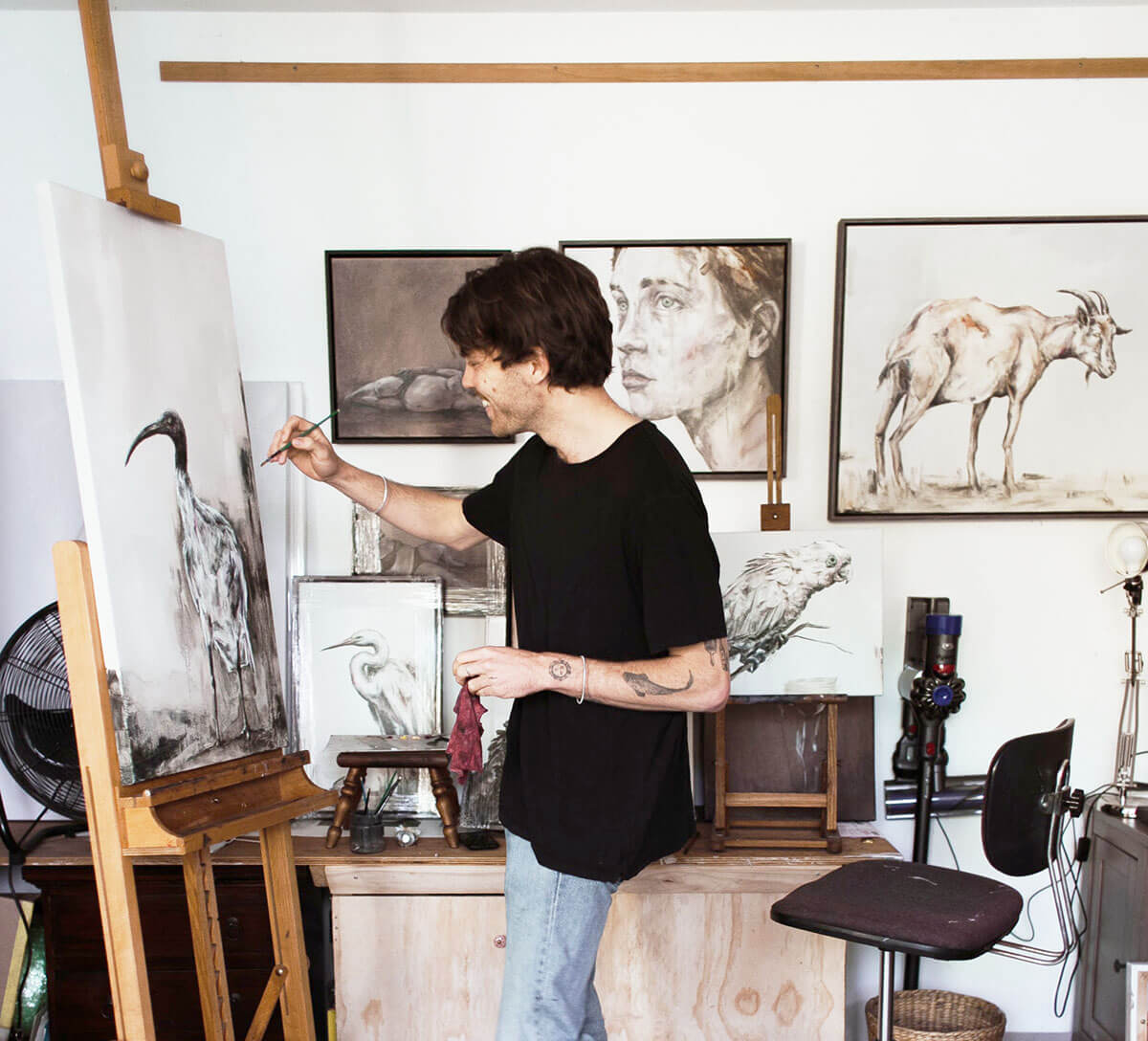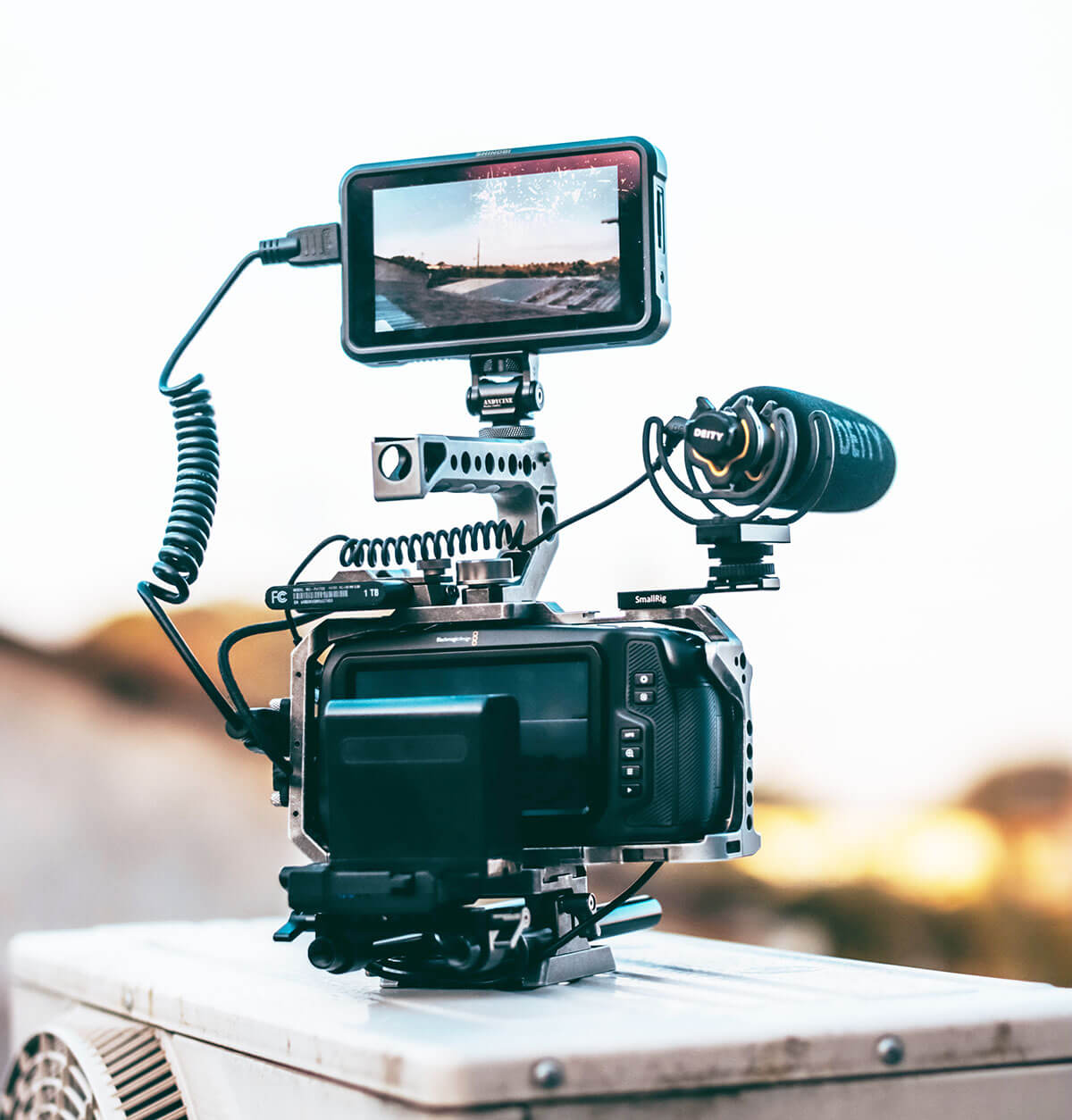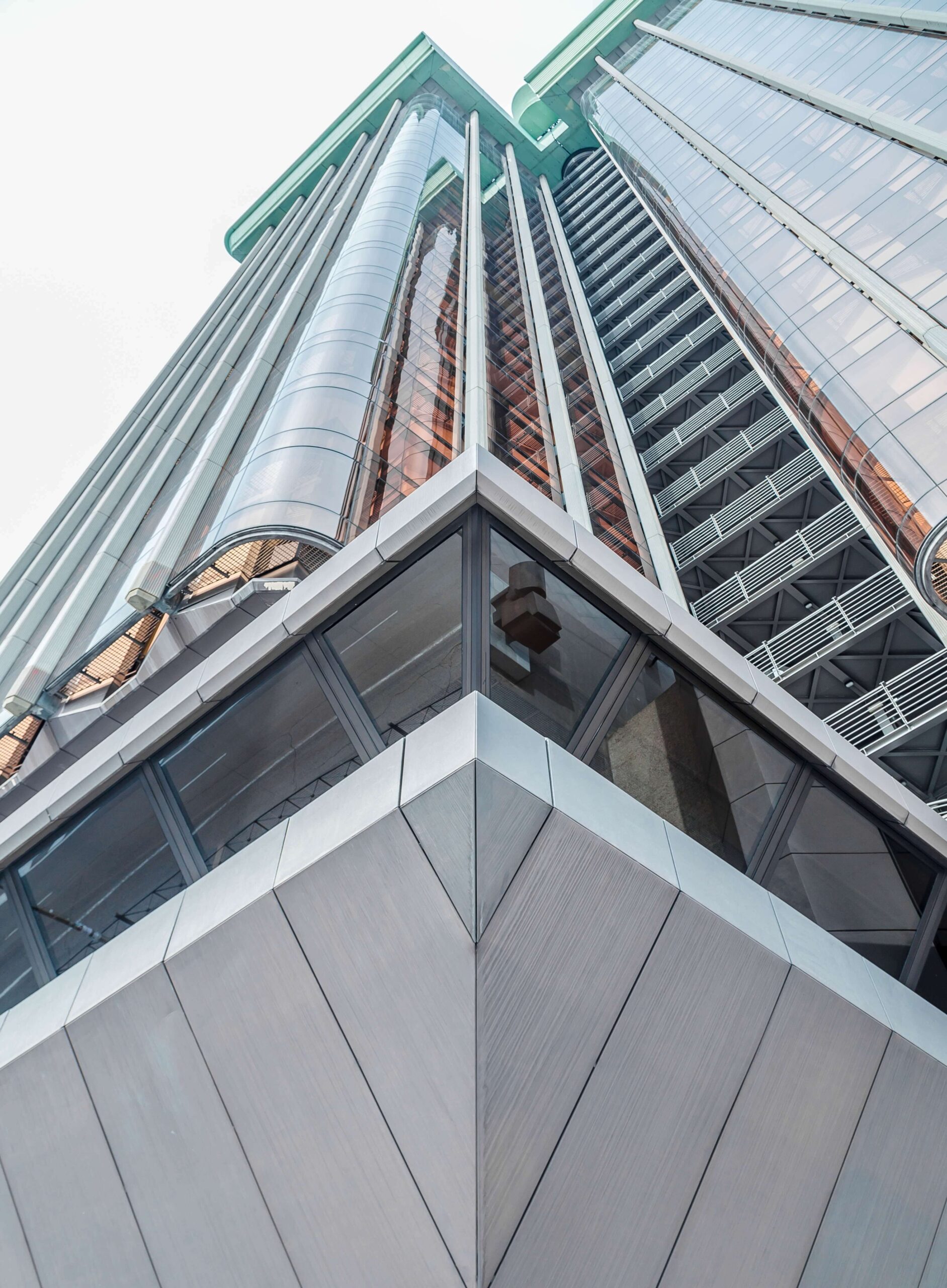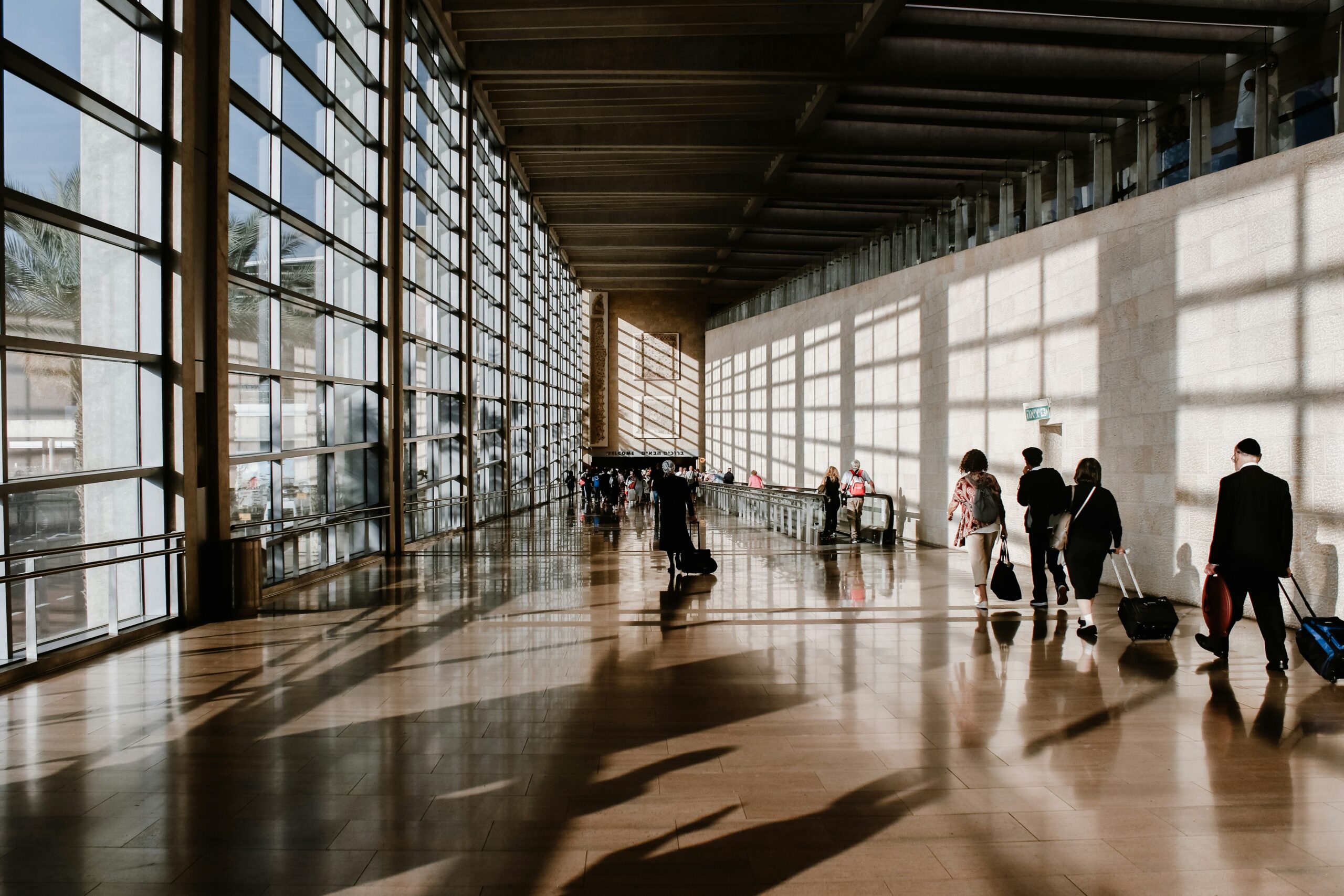The prick to my finger was fast and sharp, but my blood wasn’t being drawn by a nurse. Instead, the outstretched arm of a cholla cactus was the culprit. I had come to California‘s Coachella Valley for Sensei Porcupine Creek’s inaugural longevity-focused hiking retreat, and I’d been stabbed by the plant’s barbed spine while furiously pumping my arms to keep pace with my group’s extremely fit guide, Anthony Purnel, a tribal council member of the Agua Caliente Band of Cahuilla Indians.
Purnel, 37, was leading our group on the trails of Indian Canyons, his ancestral land just outside Palm Springs. In a first for Agua Caliente, the tribe has partnered with Sensei to offer exclusive immersive cultural experiences. Our three-mile trek was strenuous, but this wasn’t a tough-love boot camp in the vein of the cult hiking retreat Ranch Malibu. We had come because we wanted to feel good, not just look good. After the group stopped at a spot overlooking a rocky outcrop, a mindset coach from Sensei encouraged us to take out the journals we’d been given. We were instructed to scribble down our feelings and recast negative thoughts (I’m not fit enough to be here; I dislike journaling) into positive affirmations (I’m challenging myself in new ways; What an amazing experience to have with others).
We’ve long known that movement, particularly in nature, is good for our physical and mental well-being. But mounting data also shows that our attitudes and beliefs about getting older can impact our health. And social connection can increase the odds of long-term survival by nearly 50%. Sensei’s new holistic approach to aging well aims to cultivate community, purpose, and a positive mindset.
Longevity has been the buzzword of the wellness space for the last few years, and our fixation with living longer, healthier lives shows no sign of waning. The life-optimization market is predicted to reach $44.2 billion by 2030, and tech billionaires, including Jeff Bezos and Sam Altman, are pouring fortunes into age-extending diagnostic technology and cellular reprogramming therapies. Hotels and resorts have jumped on the trend too, with offerings that cater to our culture’s obsession with data, tech, and biohacking. AI and diagnostics are the foundation of the Estate, a new longevity-driven hospitality brand from hotelier Sam Nazarian that’s set to debut in Los Angeles later this year, while longevity vacations rooted in cutting-edge treatments like stem cell and ozone therapies are commanding eye-popping price tags. Trailblazing wellness retreat Canyon Ranch, for example, recently introduced Longevity 8, a four-day $20,000 program that packs in 15-plus diagnostics, such as electrocardiograms to assess heart health, 18 one-on-one sessions with medical experts, wellness activities, and three months of postvisit virtual consultations.
Silicon Valley tech wizard Larry Ellison was ahead of the curve when he opened the first Sensei retreat on the Hawaiian island of Lanai in 2019. Cofounded with the renowned biomedical researcher David Agus, MD, the wellness brand was born out of the desire to give people scientifically proven tools to live longer, healthier lives. Before I attended one of the inaugural programs on Lanai, I was mailed a fitness tracker that gathered data like my nightly hours of REM sleep. Upon my arrival, a blood test measured my fasting glucose and cholesterol levels. More tests and review sessions in sterile offices dominated my week on Lanai. (I’ve had similar experiences at the handful of longevity retreats I’ve visited since.) I barely got to enjoy the lushly landscaped grounds. And meals were mostly solitary affairs. I left Lanai craving nature and community. Guest feedback indicated I wasn’t alone. As more resorts go the medical route, Sensei is intentionally supplementing its more clinical approach with programming that fosters purpose and belonging.









